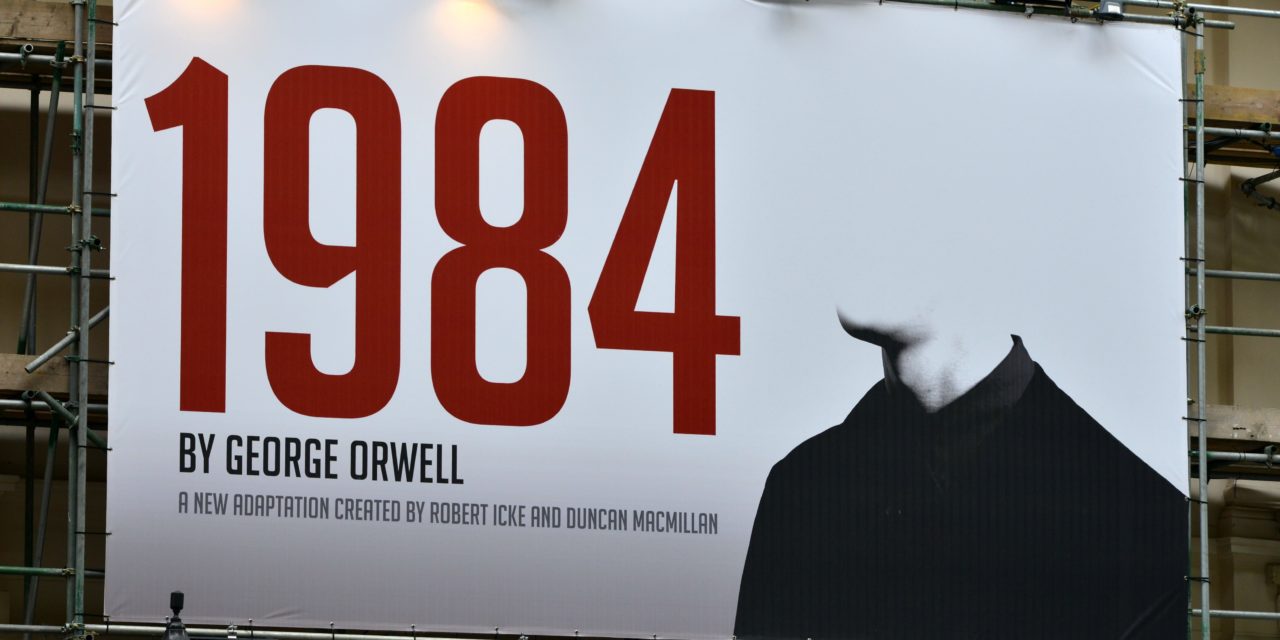“What is truth?” Pontius Pilate asked Jesus in John 18:38, following the Lord’s explanation in the previous verse that, “Everyone who belongs to the truth listens to My voice.” Understanding the eternal truth of the Gospel has stumped many, and experience has shown that government officials are no better at understanding truth, eternal or otherwise, than Pilate was.
So, when the U.S. Department of Homeland Security (DHS) announced a “pause” in the creation of its “Disinformation Governance Board” and its executive director, Nina Jankowicz, submitted her resignation earlier this week, it was probably for the best. As in, definitely.
The Disinformation Governance Board, announced on April 27, had as its stated goal to “coordinate countering misinformation related to homeland security.” Conservatives, with the hindsight of social media giants such as Facebook and Twitter using the “disinformation” moniker to defend censoring conservative viewpoints they disliked, justifiably viewed the new DHS entity with suspicion.
The new entity was promptly dubbed the “Ministry of Truth” by conservatives, with a nod to George Orwell’s dystopian novel, “1984.”
It didn’t help the DHS cause that Jankowicz has exhibited a bit of a problem herself with discerning the truth of stories such as the Hunter Biden laptop story, first reported by the New York Post in 2020, which earned that story a ban on Twitter and a limited reach on Facebook. And her “Mary Poppins” disinformation video didn’t do much for her credibility, either.
Let’s face it, establishing a government board with an Orwellian name and a mission to counter dis-, mis- and mal- information is not a good look to begin with. And it didn’t help calm concerns when DHS tried to explain that the board’s mission was to counter “disinformation that threatens the security of the American people, including disinformation spread by foreign states …” (emphasis added)
Wait. What do you mean, “including?” The dictionary definition of that word leads one to conclude that it means “partly” and not “exclusively.” So, if it’s not exclusively about foreign disinformation, then it can only mean one thing: domestic disinformation is included as well.
One commentator pointed out that the U.S. government already has an agency dedicated to dealing with disinformation from foreign sources, so the only reason for DHS to create a similar entity is to focus on domestic sources of disinformation.
Gulp. That means you and me.
And it is entirely unconvincing to argue that the DHS board “does not have any operational authority or capability,” as DHS attempted to do in its fact sheet. We’ve all witnessed government “mission creep” in the past as agencies expand beyond their original, modest portfolio to something no one dreamed of.
Remember, for example, the good old days before the research-oriented Centers for Disease Control started issuing national mandates and tracking people’s cell phones?
The DHS disinformation board was a bad idea from start to ignoble finish.
The Washington Post attempted to blame conservatives and their mean tweets for the DHS debacle.
“Jankowicz’s experience is a prime example of how the right-wing Internet apparatus operates, where far-right influencers attempt to identify a target, present a narrative and then repeat mischaracterizations across social media and websites with the aim of discrediting and attacking anyone who seeks to challenge them,” Taylor Lorenz, WaPo’s technology and online culture columnist, wrote.
There’s more than a little irony in evidence in the WaPo column. Ms. Lorenz recently used her column and WaPo’s huge audience to “doxx” the creator of the popular Twitter account, Libs of Tik Tok (LoTT), by publishing her personal information. LoTT was at that time already wildly successful in poking fun at as well as revealing the agendas of liberals who boldly declare what they are up to, using social media platforms such as Tik Tok.
That particular Lorenz column forced the Libs of Tik Tok creator into hiding.
It also doubled her Twitter audience from 600,000 to 1.2 million followers.
The lessons we can learn from the DHS Disinformation Governance Board and the Libs of Tik Tok doxing are quite different than what The Washington Post would have us believe.
For a country founded on the ideal of free speech, we have for over two centuries operated on the assumption that, in the words of Supreme Court Justice Louis Brandeis, “If there be time to expose through discussion the falsehood and fallacies, to avert the evil by the process of education, the remedy to be applied is more speech, not enforced silence.”
In other words, keep government out of the business of determining what is true and what is not. It’s no good at it, and never has been. The Framers recognized that reality and built it into our system.
Let’s keep it that way.
Related:
Department of Homeland Security Launches Disinformation Governance Board
Photo from Shutterstock.






